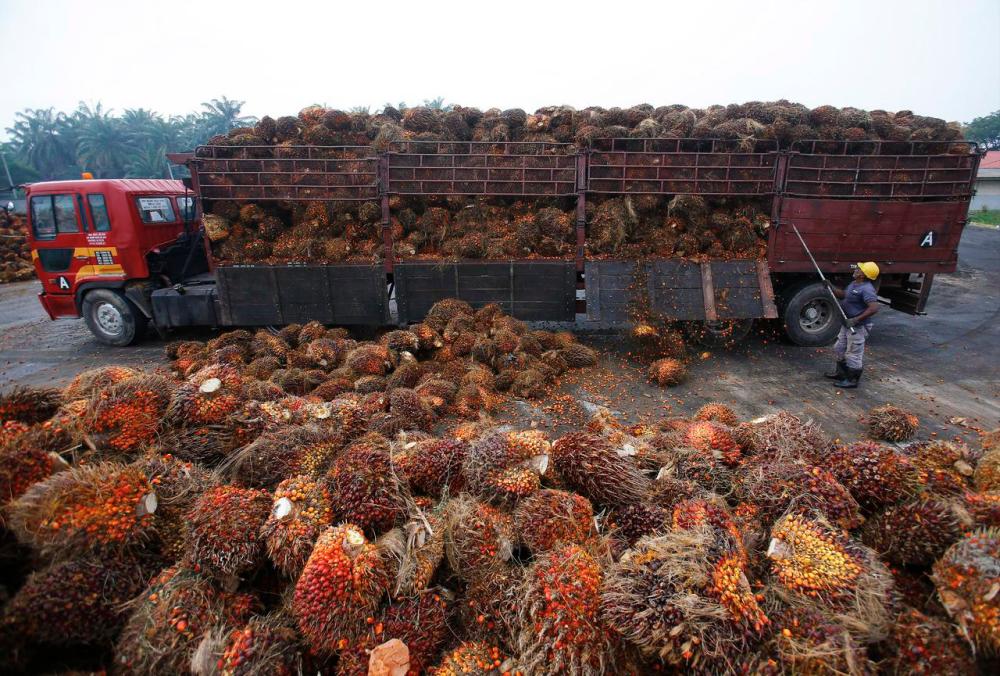KUALA LUMPUR: Malaysian palm oil stockpiles are forecast to fall for a sixth straight month in August to the lowest in more than a year, as stronger exports outpace a slight rise in output, a Reuters survey showed.
Inventories in Malaysia, the world's second-largest palm oil producer, are expected to fall 7.1% from the previous month to 2.22 million tonnes at end-August, the lowest since July 2018, according to a median estimate of seven planters, traders and analysts polled by Reuters.
A further inventory decline could support benchmark palm oil prices, which rose to a seven-month high last week. Prices have since eased, but was last up 0.3% at RM2,187 ($521.96) on Thursday evening.
The expected drawdown in stocks was due mainly strong gains in exports, which were seen rising 14.5% from July to 1.70 million tonnes in August. It would be the second consecutive month of gains, and the sharpest monthly rise since March, with poll respondents pointing to increasing demand from India and China.
India, the world's largest edible oils importer has posted a strong jump in imports of refined palm oil from Malaysia this year following a change in Indian duties. On Wednesday it boosted the tax for six months.
China, another key edible oils buyer, has also been relying on palm as a soyoil substitute, as a trade war with the US has curbed soybean imports after Beijing imposed tariffs on American cargoes.
The survey pegged August output at 1.77 million tonnes, up 1.8% from the previous month, to the highest since December 2018, although three poll respondents forecast falling output.
"Production in many regions was down month-on-month during the first half of August, partly due to the dry weather," said a manager at a plantations company, who declined to be named as he was not authorized to speak to the media.
"However, rains during the last 10 days of the month, especially in East Malaysia, after a relatively long dry spell have given a boost in production."
Poll respondents added that output would rise from now until the year-end, estimating peak production to be around October to November this year. - Reuters










